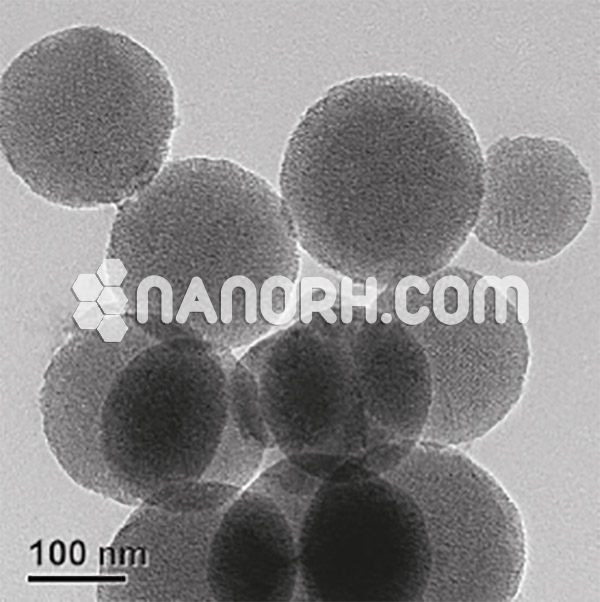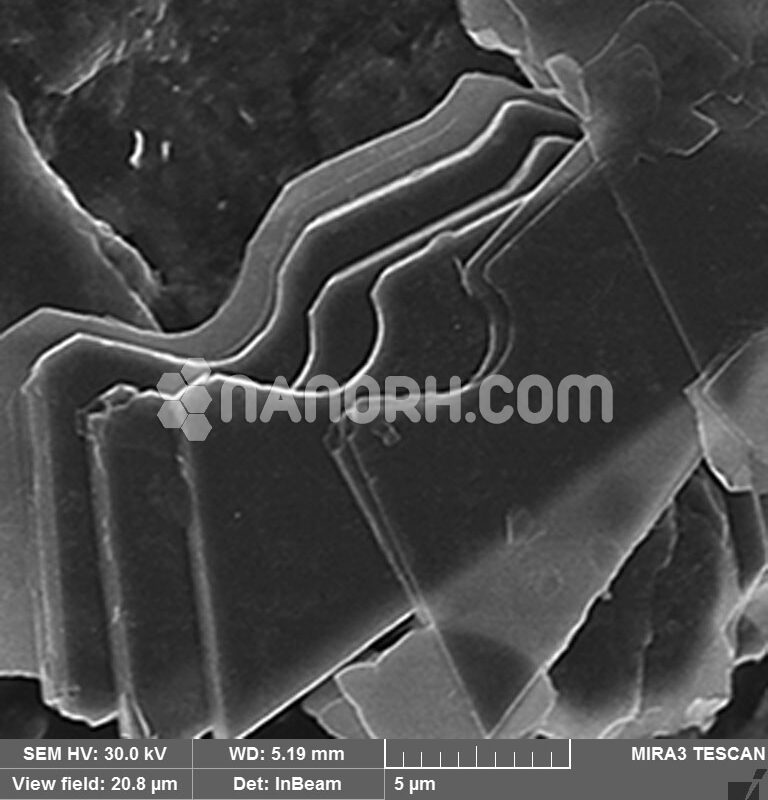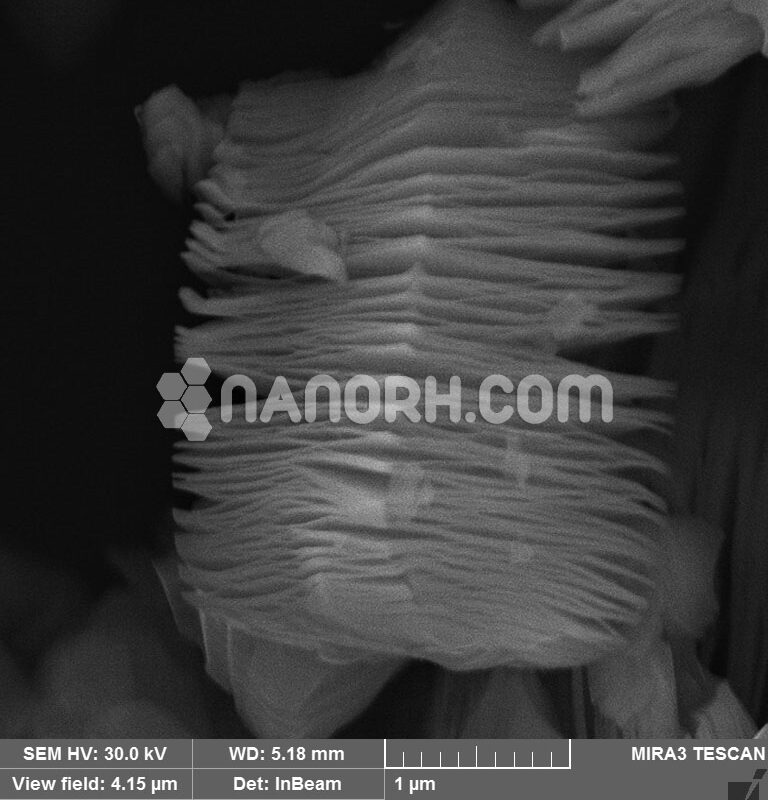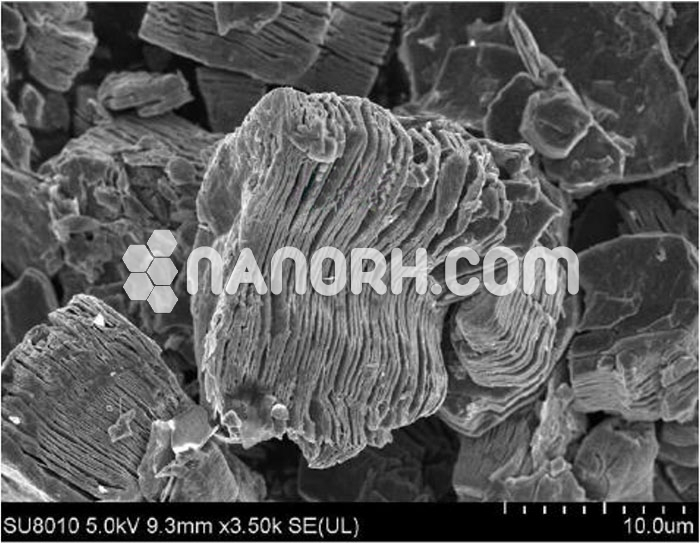|
Zeolite Mesoporous Silica Nanopowder 3D-Cubic MCM-48 Type |
|
| Product No. | NRE-590070 |
| CAS No. | 7631-86-9 |
| Formula | NA |
| SSA | 1600 m2/g |
| Pore Size | 2.1 nm |
| Purity | 99.9% |
| Form | Powder |
Zeolite Mesoporous Silica Nanopowder 3D-Cubic MCM-48 Type
Zeolite-templated mesoporous silica, particularly the 3D-cubic MCM-48 type, is characterized by its well-defined cubic mesoporous structure. This structure provides high surface area, large pore volume, and excellent thermal stability.
Catalysis
Heterogeneous Catalysis: MCM-48’s uniform pore structure and high surface area make it an excellent support for catalysts in various reactions, such as hydrocracking, alkylation, and isomerization. It enhances catalytic activity and selectivity.
Environmental Catalysis: Its properties can be utilized in catalysts for environmental applications, including the removal of pollutants or the degradation of organic contaminants.
Drug Delivery Systems
Controlled Release: The mesoporous structure of MCM-48 allows for the encapsulation and controlled release of drugs. This makes it suitable for designing drug delivery systems that release therapeutics in a controlled and sustained manner.
Targeted Delivery: Functionalization of MCM-48 can enable targeted drug delivery to specific tissues or cells, enhancing the effectiveness of treatments and minimizing side effects.
Environmental Remediation
Pollutant Adsorption: MCM-48’s high surface area and large pore volume make it effective for adsorbing environmental pollutants such as heavy metals, dyes, and organic compounds from air and water.
Filtration Systems: It can be used in advanced filtration systems for purifying water and air, leveraging its ability to capture and remove contaminants.
Energy Storage and Conversion
Supercapacitors: MCM-48 can be used in supercapacitors to enhance energy storage capacity due to its high surface area and mesoporous structure.
Battery Technology: It serves as a potential electrode material in batteries, where its porous structure can improve ion storage and conductivity.
Sensors
Gas Sensors: The mesoporous structure of MCM-48 can be used in gas sensors to detect various gases with high sensitivity and selectivity.
Biosensors: MCM-48 can be employed in biosensors for detecting biological molecules, benefiting from its high surface area and potential for surface functionalization.
Chemical Storage and Separation
Storage of Chemicals: MCM-48 can be used for the stable storage of chemicals and reagents due to its high surface area and large pore volume.
Separation Processes: Its uniform pore structure makes it suitable for use in separation technologies to selectively filter or purify chemical mixtures.




